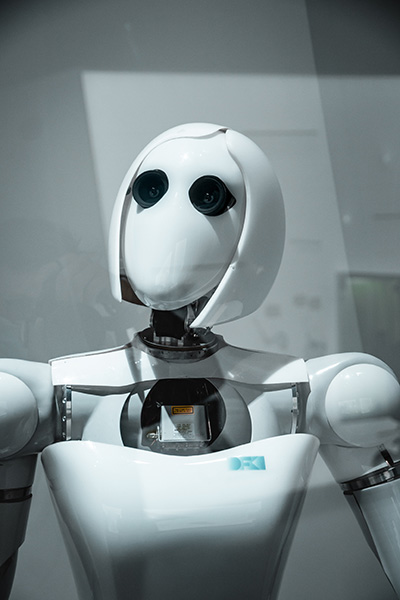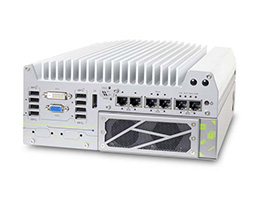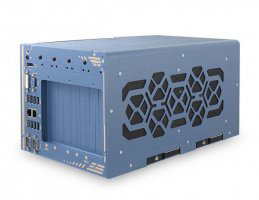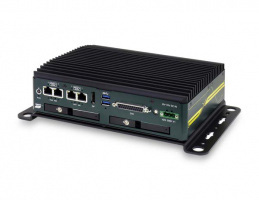Artificial Intelligence
What is artificial intelligence (AI)? In 2004, John McCarthy from Stanford University’s Computer Science department defined AI as “the science and engineering of making intelligent machines, especially intelligent computer programs.” In a more modern context, AI helps computers and machines use similar thought patterns as humans when making decisions and solving problems. Yann LeCun, Vice President and Chief AI Scientist at Facebook, defines AI as the ability of machines to mimic human behavior, and usually integrates perception, prediction, reasoning, and decision making.
Within AI is the subset of machine learning, which refers to the science of giving computers the ability to act without explicitly being programmed. Within machine learning is the area of deep learning, which can be thought of as programming with data. Deep learning typically uses convolutional neural networks consisting of many layers (hence “deep”), each modeled after the human brain in terms of structure and function. In machine vision, a deep learning model is trained on sets of images — which may include defective and non-defective part images — and learns from the data to create patterns for decision making.
AI and Deep Learning Applications
AI, machine learning, and deep learning technologies see use across several different applications — including machine vision inspection, video analytics, autonomous vehicles, and facial recognition — across many different industries. Take the electronics manufacturing industry, for example. Machine vision systems have long served this segment, given their ability to detect defects on electronic parts or products ranging from the printed circuit board (PCB) to a complete consumer PC or smartphone.
While machine vision systems can reliably detect many errors and defects in this space, certain scenarios may fall beyond the scope of traditional, rules-based algorithms. The sheer number of defects that may be present in parts such as integrated circuits (missing or bent pins) or wafers (cracks, scratches) is staggering, and programming all these errors into a traditional machine vision algorithm requires that someone define hundreds of rules and extracting features. Deep learning changes all that. Neural networks are trained on an image set that typically includes defective and nondefective part or product images, which allows deep learning software to classify good and bad conditions, anomalies, and defects in these images.
One caveat relating to deep learning and AI applications is that these tasks are compute intensive and require industrial PCs with the right amount of processing and graphics power to handle the job. CoastIPC offers several different types of products suitable for deep learning and AI, including industrial PCs, GPU computers, VPU computers, and NVIDIA Jetson computers for AI inference.




Industrial PCs
CoastIPC offers several different types of industrial PCs suitable for use in deep learning and AI applications, including models from leading companies such as Advantech and Neousys Technology. Products include processors from Intel, AMD, and NXP and feature options such as fanless design, IEEE 1588 compatibility, rugged/IP67 design, and more. We can customize these industrial PCs with third-party cards or software so they’re ready for deployment out of the box.
GPU Computers and VPU Computers
For compute-intensive deep learning applications, we can help you build the right GPU computing platform. Products include NVIDIA GPU computers, PCs with dual GPU slots, VPU computers, and other edge AI devices. We can also build custom GPU computers or VPU computers to suit your particular deep learning or AI application needs.




NVIDIA Jetson
NVIDIA’s Jetson is a leading platform for edge AI, and CoastIPC offers several computers equipped with the technology. This includes NVIDIA Jetson AGX edge AI computers for intelligent video analytics, NVIDA Jetson Tegra X2 computers with 256 CUDA cores, NVIDIA Jetson Xavier NX computers, and NVIDIA Jetson Nano computers. Contact us today and learn how we can help solve your compute-intensive edge AI applications with NVIDIA Jetson technology.
